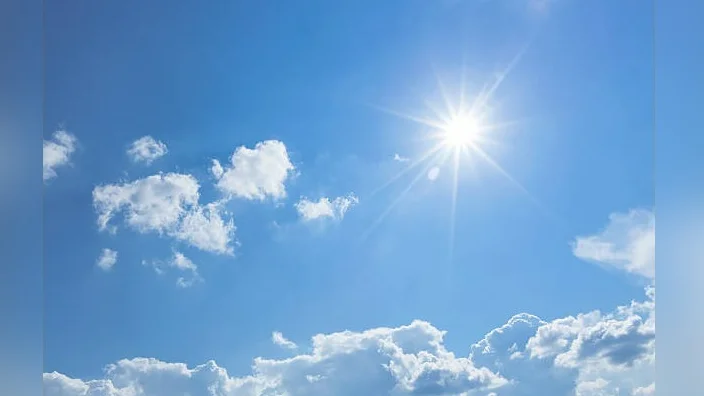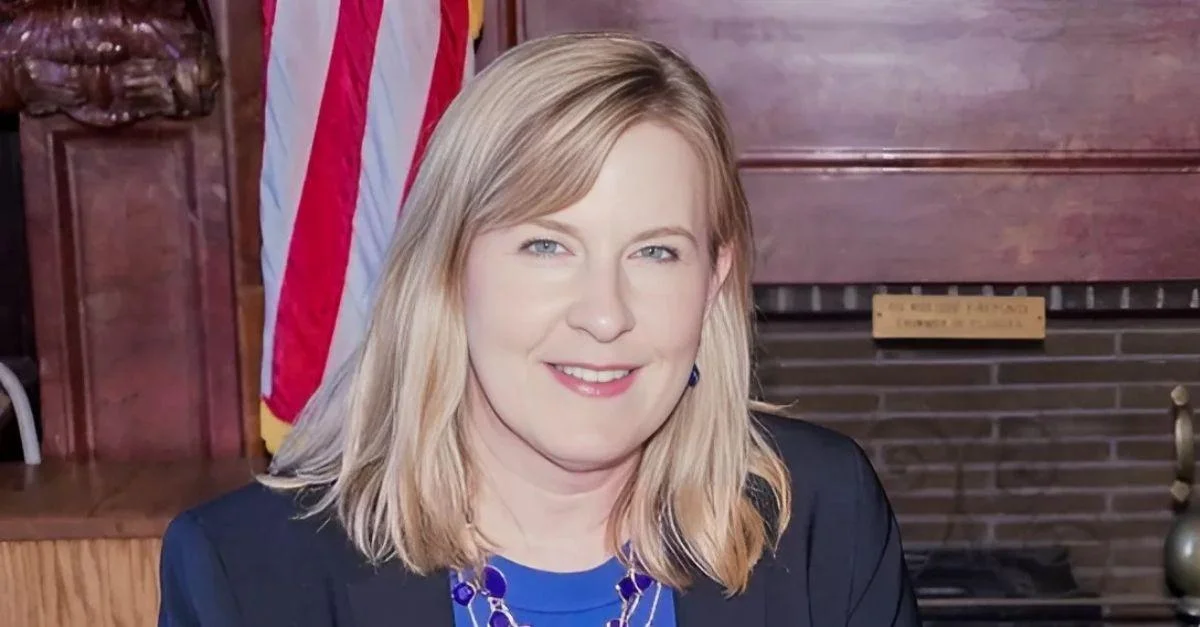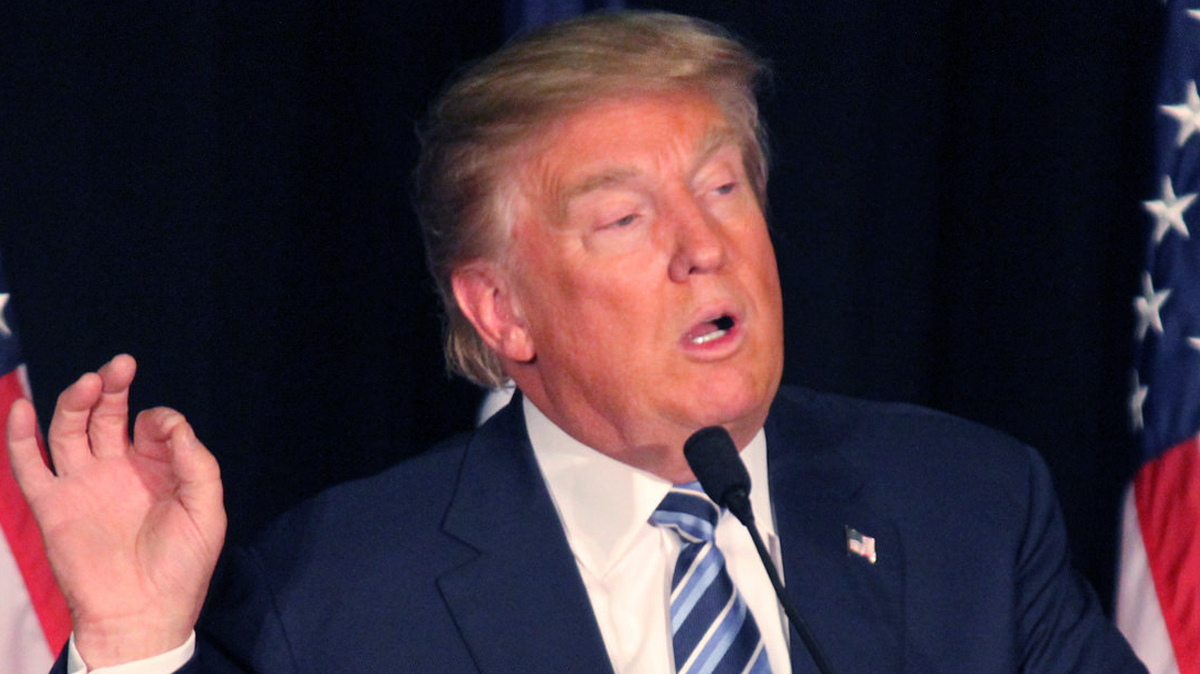The U.S. Supreme Court has limited the power of federal judges to issue nationwide injunctions in a case involving former President Donald Trump's executive order aimed at ending birthright citizenship for children born in the United States to parents without legal status or on temporary visas. The court did not address the constitutionality of the order itself.
In a 6-3 decision, the justices found that such universal injunctions "likely exceed the equitable authority that Congress has granted to federal courts." This ruling allows for partial enforcement of Trump's executive order, which he signed upon returning to office in January. However, judges retain the ability to restrict its application to parties involved in related lawsuits.
Justice Amy Coney Barrett, writing for the majority, stated that "federal courts do not exercise general oversight of the Executive Branch; they resolve cases and controversies consistent with the authority Congress has given them." She emphasized that prohibiting enforcement against individual plaintiffs would provide complete relief without needing a universal injunction.
Justice Sonia Sotomayor dissented, arguing that "children born in the United States and subject to its laws are United States citizens," citing historical precedent. She criticized Trump's order as an attempt to "repudiate" established legal interpretations and warned that the court's decision could endanger other constitutional rights.
Trump welcomed the ruling and announced plans to advance policies he claimed were wrongly blocked nationwide. These include measures related to sanctuary city funding and refugee resettlement.
The 14th Amendment states, "All persons born or naturalized in the United States, and subject to the jurisdiction thereof, are citizens of the United States." Trump argued against this interpretation but acknowledged it aligns with practices in over 30 countries, including Canada and Mexico.
Legal challenges against Trump's directive will likely continue, with further review by the Supreme Court possible. Federal judges previously blocked his order nationwide due to potential conflicts with the 14th Amendment. The policy is set for implementation within 30 days, although specifics remain unclear.
Kate Scanlon reports for OSV News from Washington. Follow her on X @kgscanlon.
 Alerts Sign-up
Alerts Sign-up






